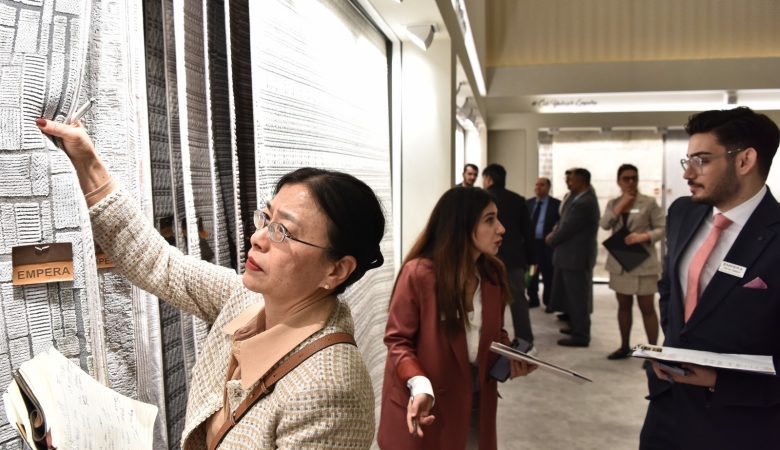A new report from People Insight, titled Ageism at Work: Are Older Employees Being Left Behind?, sheds light on a concerning trend: older employees—particularly men—are feeling increasingly disconnected at work due to limited recognition and fewer development opportunities. While much attention has been given to the challenges faced by younger staff, the findings suggest it is actually older workers who are more often overlooked.
The research draws from over 547,000 employee responses across a variety of sectors, offering a comprehensive look into how support, recognition, and engagement levels change across age groups. Although many employers believe they are catering to a multigenerational workforce, the data indicates that age-related inequalities persist.
Key insights show younger employees receive more structured feedback and greater access to learning. For instance, 73% of those aged 18 to 29 say they are given adequate training and development opportunities, whereas just 59% of staff in their 50s say the same. Praise is also unequally distributed: 70% of younger workers feel recognised, compared with only 55% of over-60s.
The gap goes beyond career progression. As wellbeing initiatives increasingly target issues like mental health and work-life balance, older employees may feel sidelined, with needs such as physical health and financial planning receiving less attention. Many older staff members also report feeling less aligned with their organisation’s purpose.
Interestingly, despite these shortcomings, older workers remain more loyal to their employers. Some 77% of 50 to 59-year-olds say they expect to stay in their current role for the next two years—significantly more than the 57% of younger colleagues. Yet, this loyalty does not necessarily correlate with a stronger emotional connection to their work.
Tom Debenham, Managing Director at People Insight, commented:
“Every employee deserves an experience that motivates and inspires them. We hope this data prompts employers to reflect, listen and act, making their workplaces genuinely inclusive for all generations.”






Pingback: ordering androxal generic for sale
Pingback: get enclomiphene generic usa
Pingback: purchase rifaximin australia where to buy
Pingback: cheapest buy xifaxan australia discount
Pingback: how to order staxyn cost new zealand
Pingback: best price for generic avodart
Pingback: buy cheap dutasteride buy online canada
Pingback: buy flexeril cyclobenzaprine buy from canada
Pingback: online pharmacy no prescription gabapentin
Pingback: fildena mail order canada
Pingback: buying itraconazole generic online mastercard
Pingback: kamagra bez předpisu přes noc doručení
Pingback: kamagra aucune prescription requise livraison